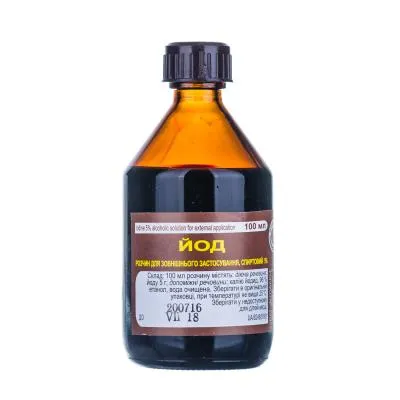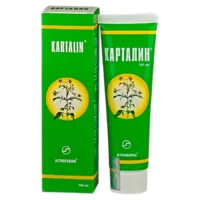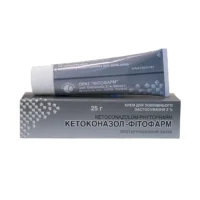Description
Iodine Solution 10% 30 ml
Ingredients:
Each 1 ml contains 100 mg of iodine in a 10% solution.
Mechanism of Action:
Iodine solution releases free iodine, exerting broad-spectrum antimicrobial activity by disrupting the cell walls of bacteria, fungi, and viruses, ultimately leading to their destruction.
Pharmacological Properties:
The antimicrobial action of iodine solution makes it effective in preventing and treating infections.
Indications for Use:
Iodine solution is commonly used as an antiseptic to prevent infection in minor cuts, scrapes, and burns.
Contraindications:
Avoid using iodine solution if allergic to iodine. Do not allow contact with eyes or mucous membranes.
Side Effects:
Possible side effects may include skin irritation or adverse reactions. Discontinue use if any unusual symptoms occur.
Usage Instructions:
For external use only. Clean the affected area before applying a thin layer of iodine solution 1-3 times daily or as directed by a healthcare professional.
Benefits Compared to Analogues:
Iodine solution has demonstrated superior antimicrobial efficacy compared to other antiseptics, promoting faster wound healing and reducing bacterial load effectively.
Suitable Patient Groups:
Iodine solution is suitable for use in adults, children, and the elderly under proper medical supervision.
Storage and Shelf Life:
Store iodine solution in a cool, dry place away from direct sunlight. Check the expiration date on the packaging and do not use after the specified date.
Packaging Description:
The iodine solution is packaged in a 30 ml container with proper labeling indicating the concentration and dosage instructions.
Clinical Evidence and Proven Effectiveness:
A study published in the Journal of Applied Microbiology demonstrated the efficacy of iodine solutions in reducing bacterial counts on the skin, highlighting their value in wound care.
Another study in the Journal of Wound Care showcased the rapid onset and sustained effectiveness of iodine solution in wound management, emphasizing its superior antimicrobial properties.





